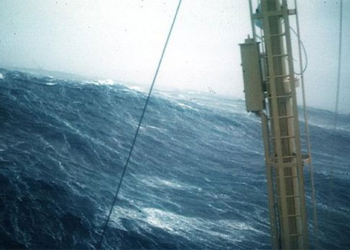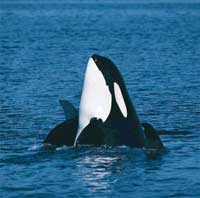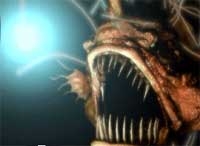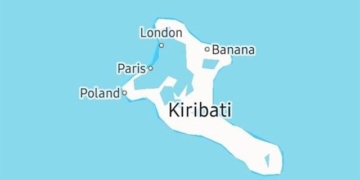Hundreds of sharks in Southwest Florida swim inland to escape the deadly red tide.
Various shark species, including hammerhead sharks, blacktip sharks, bonnethead sharks, and lemon sharks, have been spotted swimming through Longboat Key to enter Buttonwood Harbor, far from their natural habitats.
Reports of this predatory marine life in the bay were recorded last week. “You could walk across the canal by stepping on the backs of the sharks underwater,” described local resident Janelle Branowner. “Currently, the water in the bay is not clear.”
The sharks are invading the area as their usual habitats in Tampa Bay, Sarasota Bay, and along the coastline from Pasco County to Sarasota are affected by the unusually strong bloom of red tide caused by Karenia brevis. The algae kill marine life by producing toxins that affect their central nervous systems. The algae also cause respiratory issues for humans, pollute water sources, lower oxygen levels, and cause dead fish to block water flow.
Red tide occurs along Florida’s coast approximately once a year, but this natural phenomenon is becoming increasingly common due to warming waters from climate change, which create favorable conditions for algae growth.
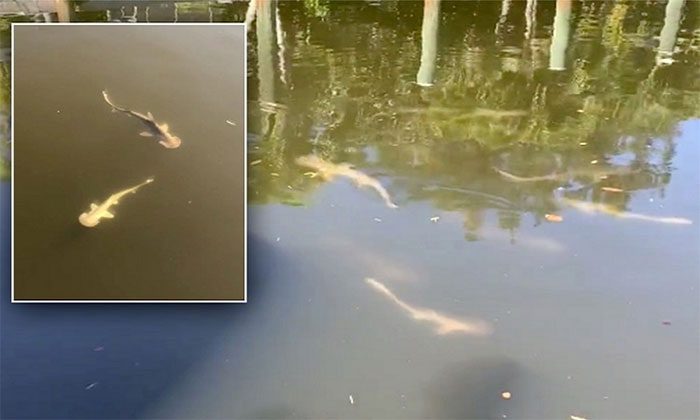
Sharks swimming in the canal. (Photo: Fox).
Red tide has appeared in large patches and has persisted since December 2020, according to the Mote Marine Laboratory, but recent algal blooms are increasing in severity. Water samples from Pinellas County, including St. Petersburg and Clearwater, show red tide densities 17 times higher than what is considered a high level. While scientists have yet to find evidence for the causes of the unusually strong algal blooms, Longboat Key is only a few kilometers from the abandoned Piney Point fertilizer plant, which once discharged millions of liters of toxic wastewater into Tampa Bay.
According to biologist Jack Morris at the Mote Marine Laboratory, if the situation continues for an extended period, the sharks will run out of food and deplete their energy. Some or all may die. Authorities report that this summer is the worst red tide season since 2018, with algae spreading nearly 233 km, killing many large animals such as manatees and dolphins.








































